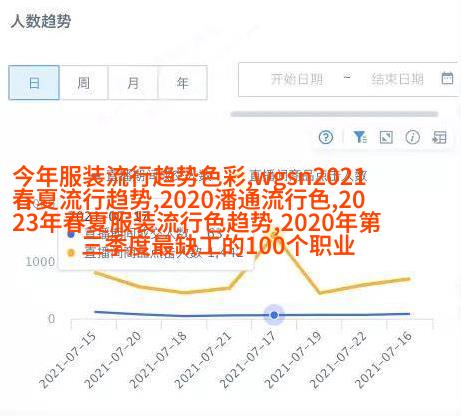Fast Fashion's Future: Sustainable Style Trends

The Rise of Eco-Friendly Fabrics
In recent years, the fashion industry has been facing immense pressure to adopt sustainable practices due to environmental concerns and consumer awareness. As a result, eco-friendly fabrics have become increasingly popular in the market. From organic cotton to recycled polyester, these materials offer a more environmentally friendly alternative to traditional synthetic fibers. For instance, Tencel – a sustainable form of lyocell fiber – is made from wood pulp cellulose and requires minimal water and energy during production compared to other fabrics like cotton or polyester.

Zero-Waste Design
Zero-waste design has emerged as another key trend in the fashion industry's pursuit for sustainability. This approach involves creating garments that generate little or no waste during production process by utilizing every piece of fabric available. Designers are now experimenting with unconventional shapes and silhouettes that minimize cutting waste while maximizing fabric usage. Additionally, some brands are incorporating upcycled materials into their collections by repurposing old clothes or scraps from previous designs.

Slow Fashion Movement
Slow fashion emphasizes quality over quantity by promoting mindful consumption and long-lasting garments that resist fast-paced trends driven by disposable clothing culture. Proponents of this movement encourage consumers to invest in well-made items crafted from high-quality materials rather than buying cheaply made products on impulse purchases fueled by social media influencers' content.

Circular Economy Principles
The concept of circular economy has gained traction within the fashion sector as it seeks ways to reduce its ecological footprint through efficient use of resources and minimizing waste generation at all stages of production life cycle - raw material sourcing, manufacturing processes, product distribution channels, end-of-life disposal options (including recycling), etcetera.

5.Changes in Consumer Behavior
Consumer behavior also plays an important role in shaping future trends for sustainable style choices among young people who prioritize ethical considerations when making purchasing decisions about clothes they wear regularly daily lives; therefore designers must respond accordingly adjust business models incorporate these factors into marketing strategies cater towards this demographic group seeking greener alternatives without sacrificing aesthetic appeal nor comfort levels associated with contemporary fashionable attire styles currently enjoyed worldwide markets today tomorrow & beyond!




